What gets bigger, better, and stronger with volatility?
Antifragile by Nassim Nicholas Taleb is complements Taleb’s “Fooled by randomness” and “Black swan” to articulate his thesis on how we (almost always) misperceive reality. The central tenant is that some things are ‘antifragile’, such that their strength increases with variability/challenge/randomness. This is the true opposite of fragile things, where in response to stimuli they become weaker (or break). Note that antifragility is not the same as robustness, which is the relative resistance to stimulus but a robust object does not get stronger with variability, whereas an antifragile object does. For example, the New York banking system is fragile whereas Silicon Valley’s fail-fast culture is antifragile. Taleb illustrates how this does not simply apply to inanimate objects but living organisms, systems (e.g. governments), occupations, and much in between. This then extends into ethics, such that it is possible to identify situations where individuals/groups have antifragility through exerting fragility over others.
Key points:
- Time is one of the best variables with which antifragility/fragility can be characterised. Antifragile things tend to get stronger with age (or at least persist/change).
- This can then be extended to the notion that things that have existed for a long time (>1000 years) are more likely to still be here in another 1000 years (the Lindy effect). [This is clearly not the case with perishable things (e.g. humans) where every additional day of life would shorten the additional life expectancy.]
- The randomness with time (and events) almost always goes in the increasing direction. For example, the variability around the arrival time of a plane is usually associated with it being late, not arriving early. However this may be influenced by the planning fallacy (see Thinking fast and slow).
- Another general distinction is that most inorganic things are antifragile (e.g. washing machine) but organic/living things are antifragile as they require stressors to maintain/improve their strength. (A human who does no physical activity will have muscular atrophy.)
- Individual items within a class may be fragile, which makes the overall system antifragile
- For example, the probability of an individual new restaurant (or entrepreneur of any kind) succeeding is very small (it is fragile) but the restaurant business (or start-ups) as a whole will continue despite (or perhaps because of) its individual failure
- At a system level, each individual failure is small and relatively fast, without much impact on the whole, but then a success (e.g. MacDonald’s) can have huge upside
- This ‘little downside / big upside’ (or exposure only to positive Black swans) is a classical feature of an antifragile system
- Fragile systems display non-linear responses to stimuli, such that they are most hurt by large/extreme events and these dwarf the small variations (i.e. ‘extremistan’ to use Black swan terminology)
- Never forget the ‘turkey’ analogy: a turkey thinks that all is well, based on its previous experience, until Christmas comes around. It has no evidence to suggest that the farmer will do anything different than just feed it daily. This is an example of a Black Swan event [discussed further in that titled book.]
- The aim is to move away from prediction (discussed further in his other books) and towards establishing an antifragile system where mistakes are small and frequent, and unpredictable large events are likely to be positive
- Having multiple options with iterative testing (small failures) facilitates this
- He uses the term ‘barbell’ to refer to avoiding hedging your bets and going with the middle ground. This can be applied to investing (most in extremely ‘low risk’ places with a little in ‘high risk’, but none in the middle) as well as diet, work, etc.
- This format of lot to lose and little to gain can be applied to personal wealth, and then starts to have implications for having a stoic outlook
- If you are successful/wealthy, then addition of a small amount gives little reward whereas loss of what you own would feel terrible. [There is substantial writing on this topic (including ownership bias) in Thinking fast and slow.]
- Domain dependence is where we overlook that something that is true in one field may also be true in another (or we act incongruously across areas that we work/exist in)
- For example, using the lift and not carrying your suitcase, then going to the gym.
- Taleb argues that stifling normal variability makes systems more prone to Black Swan events
- This is closely related to central management of a large system (e.g. healthcare), which concentrates variability (e.g. a single national distribution network) and makes the system more prone to negative Black swans
- He argues that in general subtraction is better than addition, including in reference to knowledge, and here that means that we have a better understand of what is incorrect than what is true
- It is easier to disprove a statement (e.g. “all swans are white”, by observing a black swan) that to prove it
- When working in/on or leading systems, it is important to have “skin in the game”, otherwise it can result in exploitation to facilitate a personal minimal loss/big upside situation via corruption. This puts others in a fragile position whilst otherwise getting away with antifragility.
Daniel Kahneman’s Thinking fast, and slow is a highly complementary read to this (and Black swan). Personally, I enjoy reading one of these books in between books that may be more subject to personal, retrospective biases/heuristics (e.g. Zero to one, or Lean start-up). However, I must say that I find Taleb’s books a little difficult to read at times, but that may be simply because they challenge my understanding of how the world works and my heuristics.
More books like this:
- The rational optimist by Matt Ridley
Useful links:
- Blogs from Taleb
- Here are one, two, and three further summaries/reflections on this book for comparison
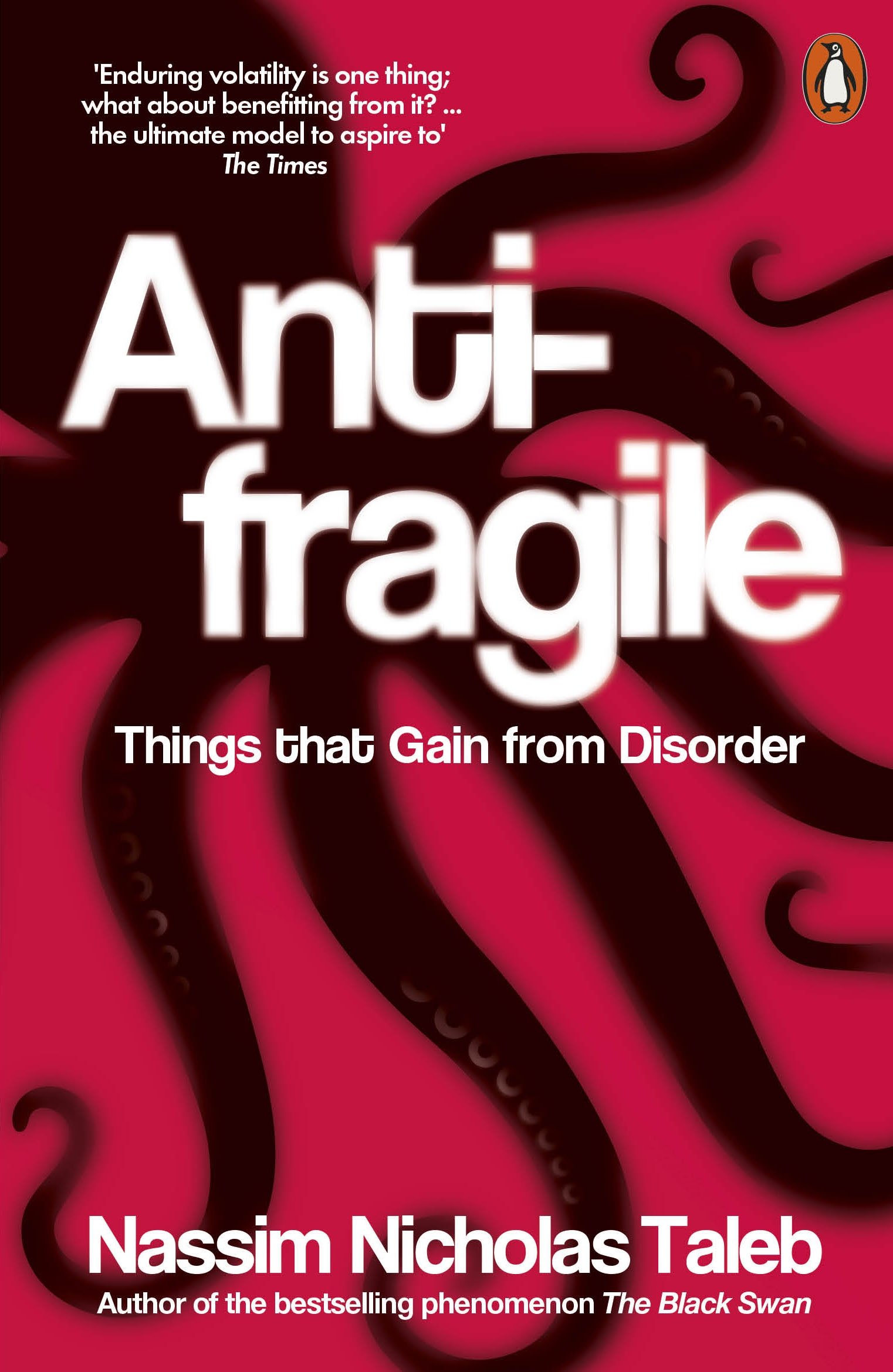
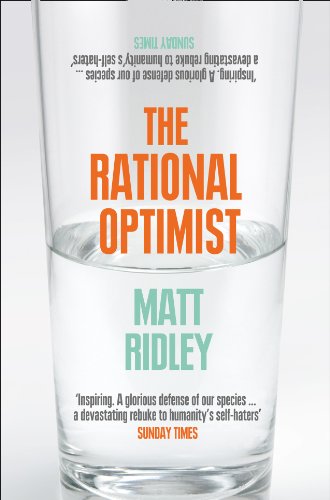
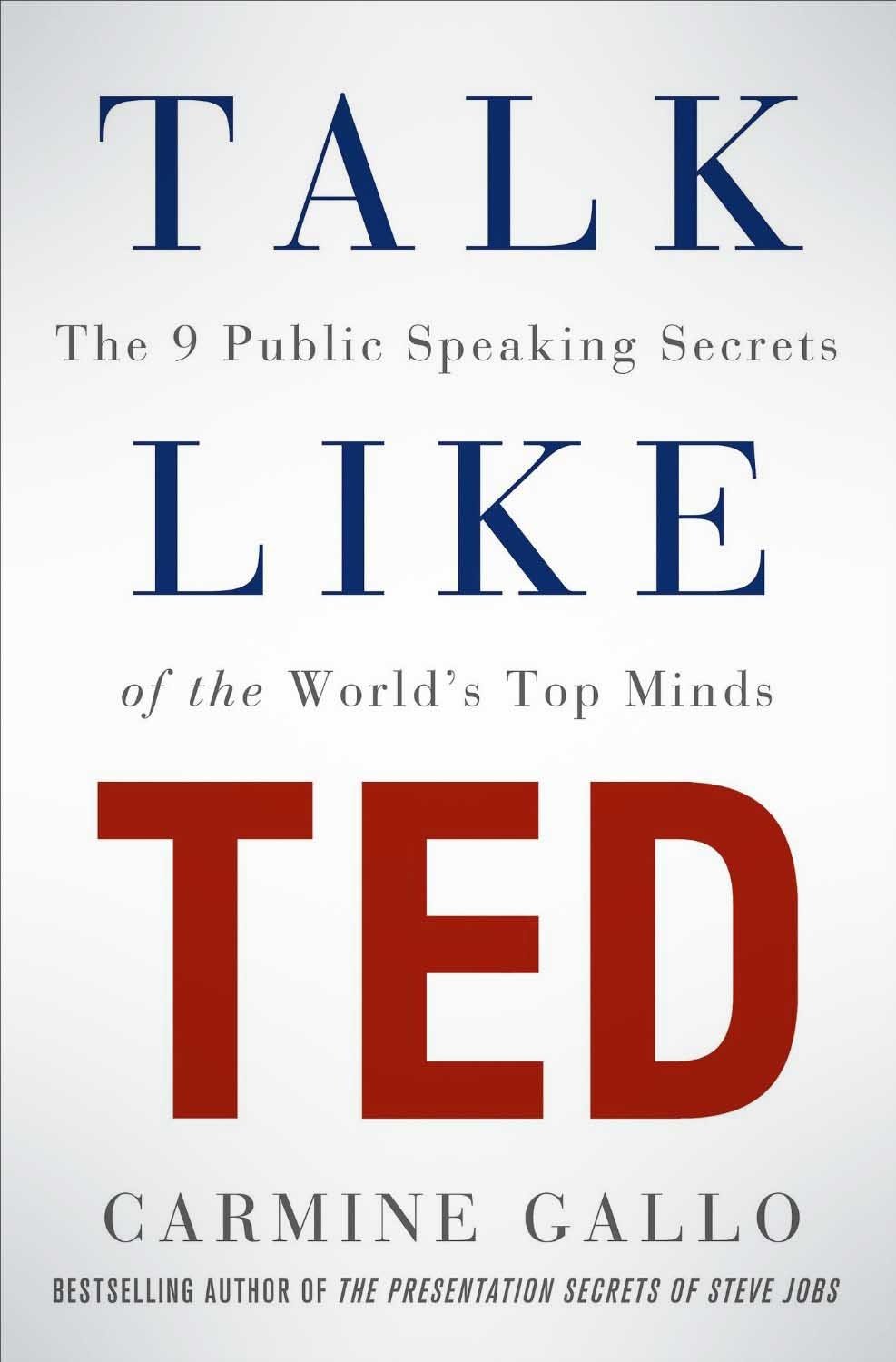
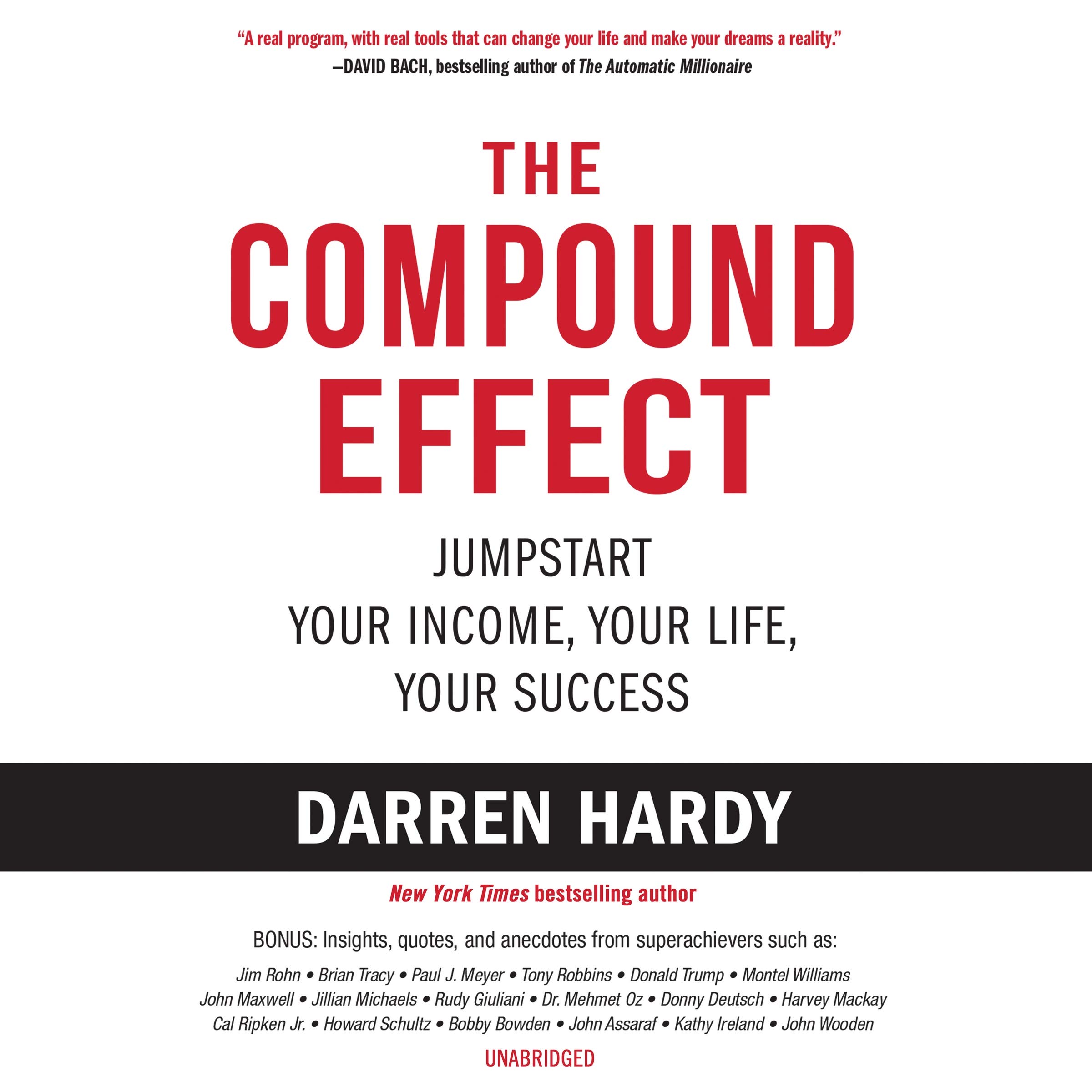
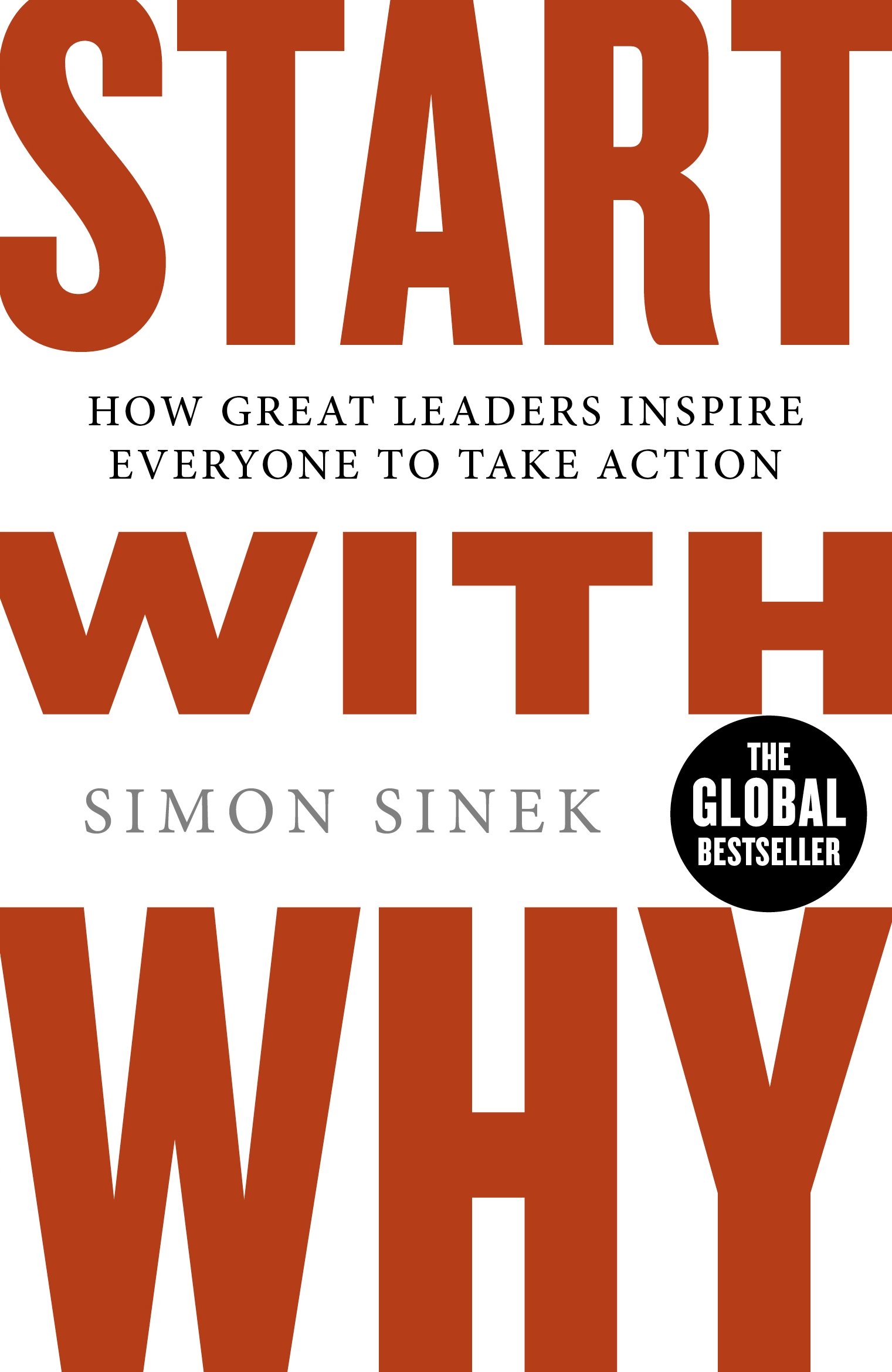
One thought on “Antifragile by Nassim Nicholas Taleb”
Comments are closed.